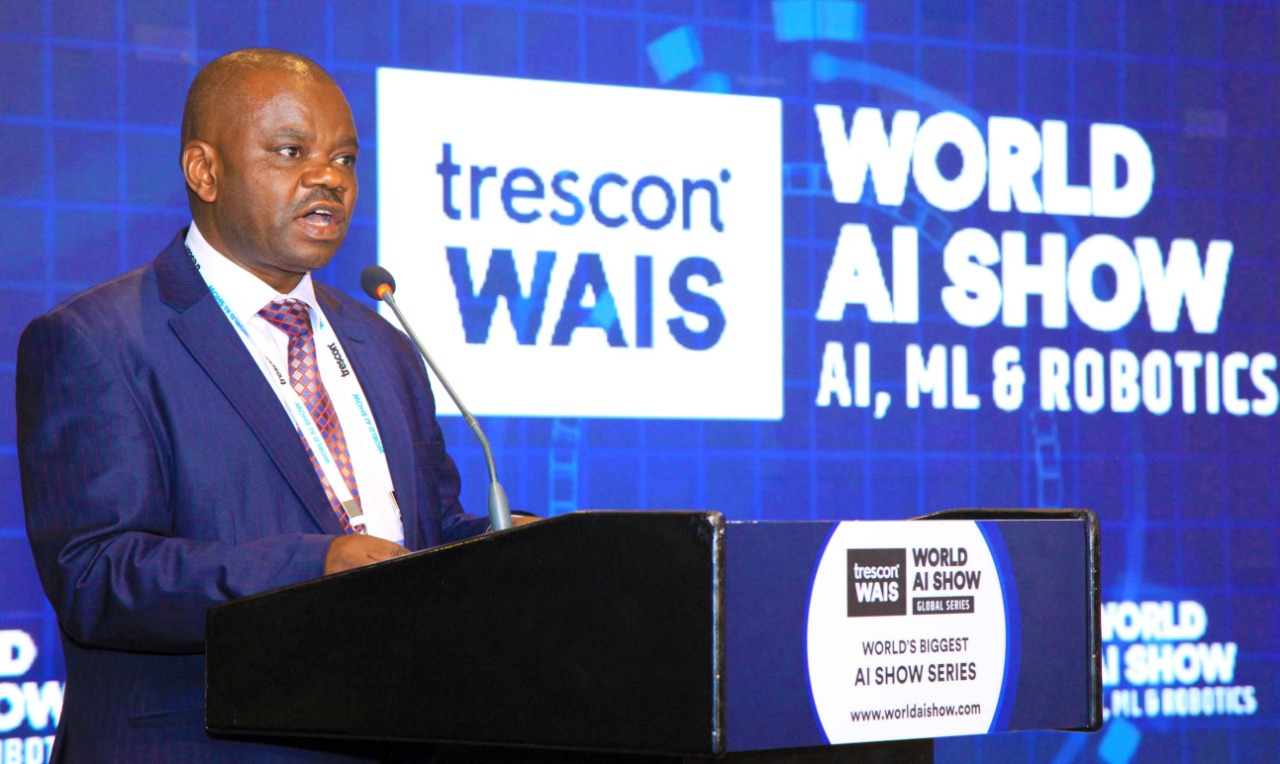advertisement
Is achieving Kenya’s ‘Big 4’ agenda a job for emerging technologies?
During Trescon’s recently concluded World Artificial Intelligence Show, which was recently held at the Villa Rosa Kempinski hotel, Nairobi, Kenya,…

During Trescon’s recently concluded World Artificial Intelligence Show, which was recently held at the Villa Rosa Kempinski hotel, Nairobi, Kenya, the country’s leading minds met to share insights on the potentials emerging technologies hold in helping Kenya realise its ‘Big 4’ Agenda.
Some African countries including South Africa, Ethiopia, Rwanda and Sierra Leone have voiced their support and admiration for Kenya’s President Uhuru Kenyatta’s ‘Big 4’ Agenda initiative, that looks to incorporate Artificial Intelligence (AI), Machine Learning (ML) and Robotics into Food Security, Affordable Housing, Manufacturing and Public Healthcare.
“It is now globally recognised that the world is at the cusp of the fourth industrial revolution, which is the age of cyber physical systems; it represents a fundamental change in the way we live, work and event relate with each other. At the centre of this revolution will be future communication systems and networks that will apply technologies such as, AI and blockchain,” said Mr Jerome Ochieng, PS, Kenya Ministry of ICT, during his keynote speech at the world AI show Nairobi.
advertisement
“In Kenya, the Big 4’ Agenda should be seen as Kenya’s approach to emerging technologies such as AI and blockchain; which means that our ICT policies will seek to advance the Big 4’ Agenda as a vision of an inclusive and shared growth. It is for this reason therefore that the ministry of ICT established the AI and Blockchain Task Force; whose work will contribute to government’s effort to leverage on emerging technologies for the transformation of the Kenyan economy,” Mr Ochieng added.
Understanding Kenya’s AI and Blockchain Task Force
Kenya is one of the pioneering nations in Africa that is exploring the adoption of innovative technologies into sectors such as Healthcare Management, Public Transportation, Banking & Financial Services and Agriculture. It was the country’s President Uhuru Kenyatta who ordered the Ministry ICT to create the task force to focus on how the country can leverage blockchain technology and the Internet of Things (IoT).
The taskforce consists of 11 members and is chaired by former permanent secretary Bitange Ndemo, and will recommend various technologies for use in solving Kenya’s intermediate problems.

During a panel session at the World AI Laura Chite, CEO, CIO East Africa, moderated a panel session featuring members of the AI and Blockchain Task Force of Kenya, including: Chairman, Bitange Ndemo, Lesley Mbogo and Hon. Michael Onyango; who expounded more on what the taskforce has been up to.
advertisement

“The AI and Blockchain Task Force of Kenya is implementing radical changes in the education sector to boost national learning capabilities” said Hon. Michael Onyango, a member of the taskforce mandated to publish a roadmap for distributed ledger and AI for the country with the primary objective of making Kenya a leader in job creation through the big four agenda. Hon. Onyango adds that the task force has concluded their initial research and will soon be releasing the report to the public.
AI and Blockchain use cases in Kenya

Kenya’s Ministry of transport, infrastructure, housing & urban development announced plans to manage the property allocation and funding of 500,000 affordable housing units with blockchain technology.
According to Mr. Ochieng, the units, which the government aims to build by 2022, will be set aside for households with an annual income below 100,000 Kenyan Shillings; helping the government provide affordable housing which is one of the ‘Big 4’ Agenda.
advertisement
The Independent Electoral and Boundaries Commission of Kenya (IEBC) has announced plans to utilize blockchain technology to offer real-time polling results and thus improve vote integrity and trust in the voting process.
“We expect other state organs will follow suit. For instance, plans are underway for the Ministry of lands and physical planning to consider establishing a blockchain based land registry which will considerably improve our ability to track and trace all land transactions in this country,” Mr. Ochieng added.
The PS also lauded M-Shule for utilising artificial intelligence for personalised learning in Kenya. The system is populated with lessons based on national curriculum standards delivered via SMS, which adapt to each student’s skills and abilities using AI technology. M-Shule, as students continue to use the platform, tracks and analyses learner performance to empower parents and schools with insights and recommendations.
“In the case of both Blockchain and AI technologies, we are cognisant of the need for government to provide a supportive ecosystem for private sector investment, and also to develop effective policies and regulations that balance both public interest and innovation,” Mr. Ochieng continued.